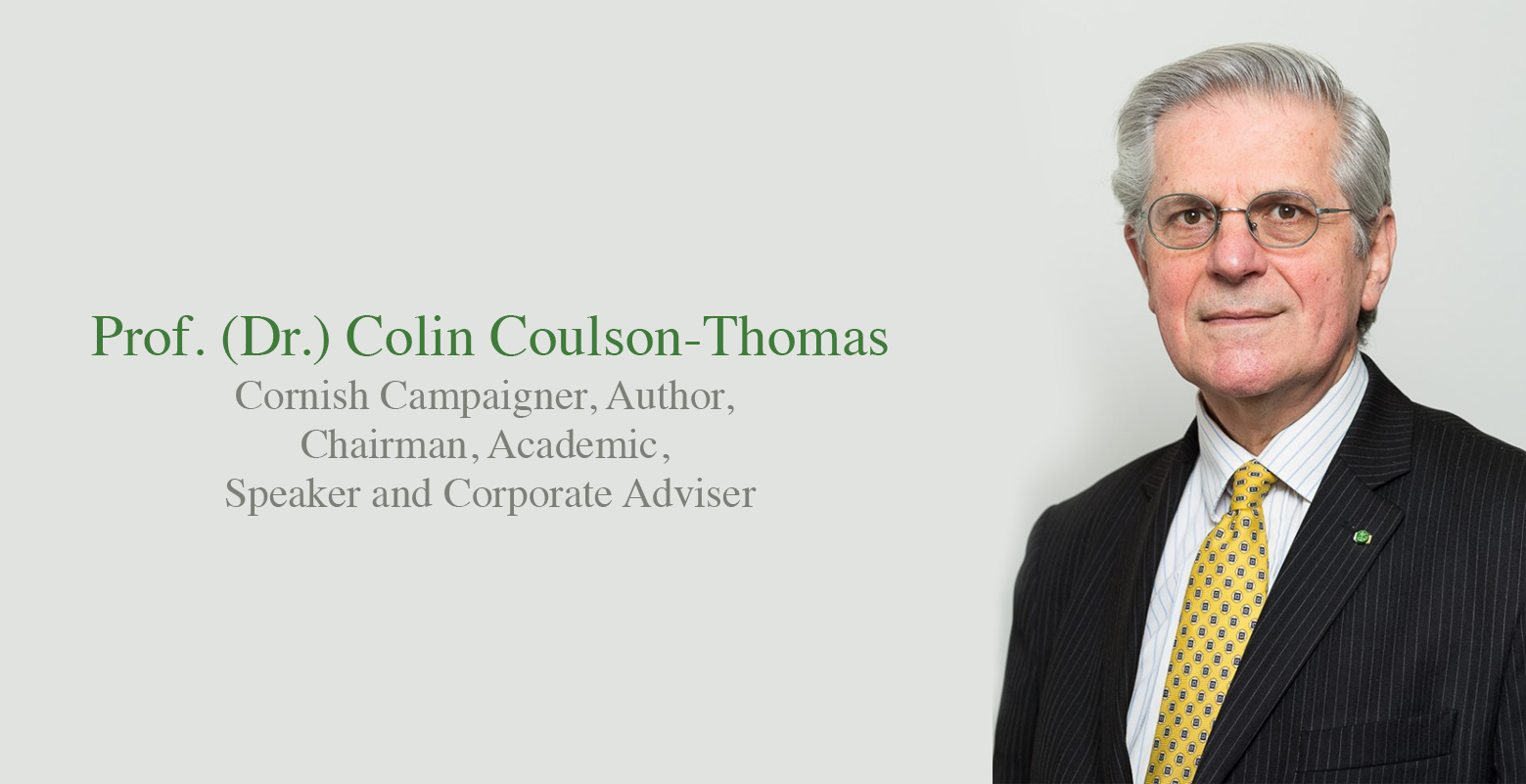
On the first of June 2017, President Donald Trump announced the withdrawal of the United States from the Paris Agreement (2015) on climate change. His decision attracted widespread criticism and expressions of regret from political leaders around the world. The decision was taken to fulfil a campaign pledge aimed at protecting American jobs in particular sectors and locations, yet already across the country many more people are employed in renewable energy and solar power than in coal mining, one of the activities the Paris Accord was seeking to reduce. What can we learn from this? To combat environmental issues and climate change, should we put more faith in the enterprise? Whether international efforts to slow global warming succeed or fail, there are and may continue to be, unprecedented opportunities for smart entrepreneurs. Many companies may have opportunities to redesign their products or rethink their services in light of whatever changes occur. Some potential beneficiaries are easy to identify. For example, higher rainfall and rising sea levels create opportunities for flood protection offerings and manufacturers of pumps and drying equipment. Those who might gain from a worsening situation may be less obvious. If temperatures rise should clothing manufactures launch lighter weight garments? Should food and catering businesses change their recipes and menus? Companies vary in how they might and could respond to opportunity. To reverse a phrase, one person’s poison can be another’s meat. A failure to reduce global warming will create an opportunity for some alongside the problems it is likely to cause for many others. The potential beneficiaries of failure should not be regarded as vultures, but as welcome helpers for those coping with downsides and having to adjust to a deteriorating situation. For a period, many areas are likely to become worse before situations are stabilised. But what about turning the corner, reversing trends and positive opportunities to improve our prospects? Are there steps that businesses and entrepreneurs could take and markets could deliver to control and even reduce global warming? Could individuals, companies, communities and Governments take complementary action?
Keyword: Climate change, Global warming, Government action, Sustainability, Policy option
Prof. Colin Coulson-Thomas